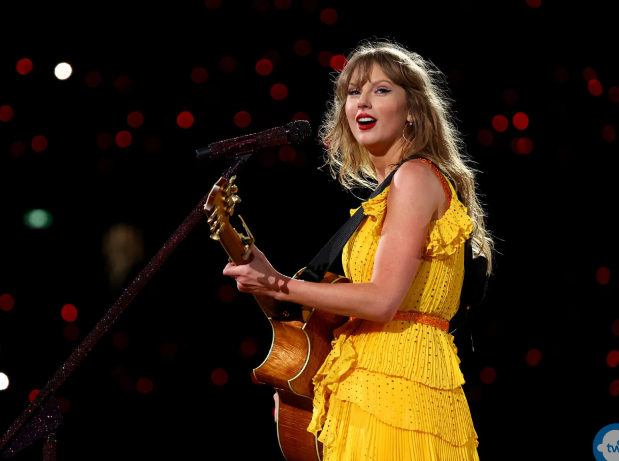Swift Justice and how Taylor Swift rewrote the rulebook of music

A recent article in the Harvard Law Review showed how record executive Taylor Swift has cleverly shaken up intellectual property law and the music industry, including changing the way music contracts are made.
The Harvard article, based on a lecture given by intellectual property law luminary Gary R. Greenstein at Harvard Law School, shows how Taylor Swift’s energy and innovation with regard to her trademark has shaken up the intellectual property industry with regard to music copyright.

Greenstein (pictured) explains how Swift’s decision to re-record her old albums as “Taylor’s Version” has sent shockwaves through the music industry. In doing so, she has not only delighted her fans, but has also cleverly regained control of her work and potentially reduced the value of her old recordings owned by others.
Greenstein discussed the complexity of music copyright law, explaining the difference between ownership of the composition and the actual recording.
Since she is usually the primary songwriter, she already owns rights to the musical works. As the author and owner of her latest masters, Swift now has majority control over her work.
Swift’s actions could change the way record labels handle contracts in the future. They are currently trying to extend the period during which artists are not allowed to re-record their work, sometimes even pushing for 20 or 30 years.
Greenstein says Swift’s power play could have lasting consequences for the industry. While not every artist has Swift’s influence, lawyers now need to consider the possibility that their client could be the next big star and negotiate accordingly.
No major artist had ever invested as much time and energy into re-recording their catalog as Swift had, and the new Swift2.0 releases were major commercial and critical successes.
When Greenstein asked the class if they had heard the original or Taylor’s version, most chose the latter.
It’s a sensitive topic for anyone involved in entertainment law because it highlights how an artist’s actions can potentially alter industry norms and contract negotiations.
“For decades, the major labels were fairly reasonable about banning re-recordings,” Greenstein said. “But now they’re asking, ‘What’s the risk of a Taylor version?'”
Musicians today have more opportunities than ever to reach their audience, and Swift’s style is sure to play a role in future contracts – as it will with record labels and other players in an industry where digitization and changing economic conditions are also changing the way contracts are concluded.



